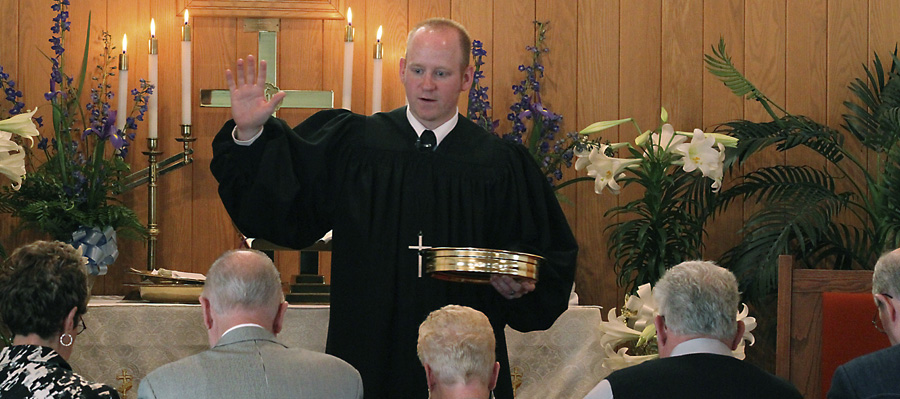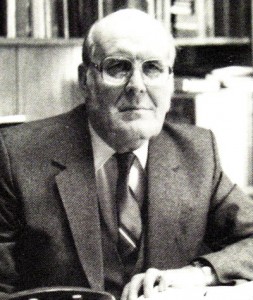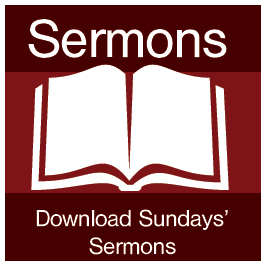On the First and Third Sunday of each month, as well as special services throughout the year, we offer Holy Communion for the forgiveness of sins, strengthening of faith, life and salvation. Below is what the Bible teaches concerning the Lord’s Supper.
Christ’s Body and Blood
We believe, teach, and confess that the Christ’s true body and blood are really present in the Lord’s Supper, “in, with, and under” the bread and wine. We believe this because the Scriptures clearly teach it.
“Jesus took bread, gave thanks and broke it, and gave it to his disciples, saying, ‘Take and eat; this is my body.’ Then he took the cup, gave thanks and offered it to them, saying, ‘Drink from it, all of you. This is my blood of the covenant, which is poured out for many for the forgiveness of sins.’” Matthew 26:26-28.

Therefore we believe that in this supper we receive four things, the bread and wine, which we receive in a natural manner, and the body and blood of Christ, which we receive in a supernatural manner, beyond our understanding.
It is the power of Jesus’ words that make this possible. It does not depend on the holiness of the minister, nor on the faith of the recipient. Nor is this only a symbolic eating and drinking – as if the bread only represents Christ’s body and as if the wine only represents his blood. It is rather a gracious miracle in which Jesus gives us his body to eat and his blood to drink for the forgiveness of our sins.
Faith Receives the Benefits
We believe, teach, and confess that the benefits of the Lord’s Supper can be received only by faith. Christ’s words put the benefits into the supper, but only faith receives these benefits. This, too is the teaching of Holy Scripture:
“Therefore, whoever eats the bread or drinks the cup of the Lord in an unworthy manner will be guilty of sinning against the body and blood of the Lord. A man ought to examine himself before he eats of the bread and drinks of the cup. For anyone who eats and drinks without recognizing the body of the Lord eats and drinks judgment on himself,” 1 Corinthians 11:27-29.
Since it is possible for someone to receive the holy supper “in an unworthy manner,” (i.e. without faith or without recognizing Christ’s body and blood) and therefore to his judgment, the reception of the Lord’s Supper is limited to those who come in faith, recognizing the body and blood of the Lord in this Sacrament. This is responsible care and concern for the soul. Since we cannot look into one’s heart to see whether this faith dwells there, we can judge this only by a person’s confession.
In addition, the Lord’s Supper is an expression of the unity of faith.
“Is not the cup of thanksgiving for which we give thanks a participation in the blood of Christ? And is not the bread that we break a participation in the body of Christ? Because there is one loaf, we, who are many, are one body, for we all partake of the one loaf,” 1 Corinthians 10:16-17.
Where this unity does not exist, we sadly must acknowledge that fact. Therefore we practice “Close Communion,” i.e. sharing the Lord’s Supper only with those who share the closeness of doctrinal unity (sometimes called “Closed Communion” because it closes communion to those who are not of the same faith).








